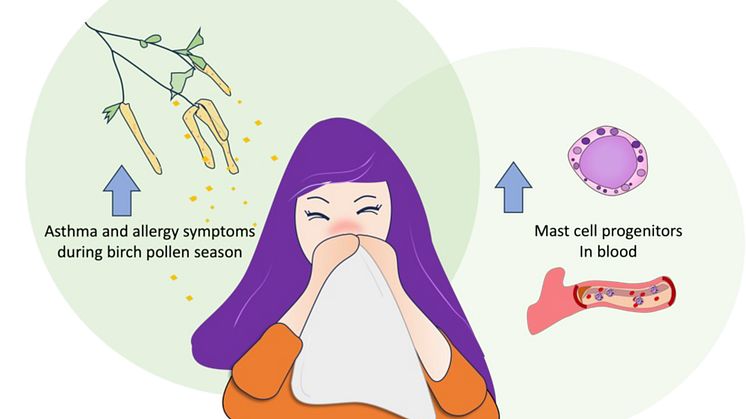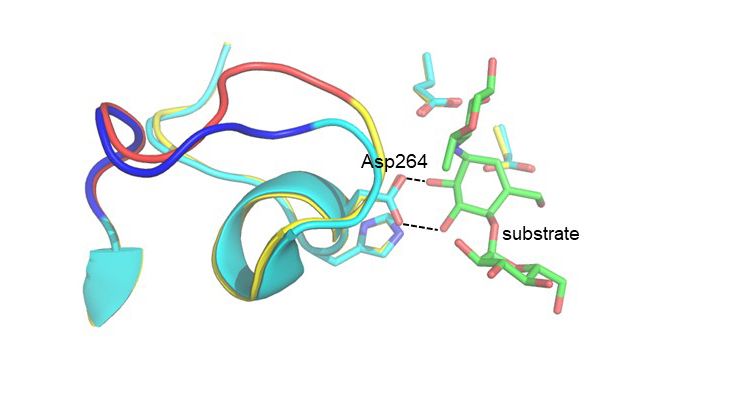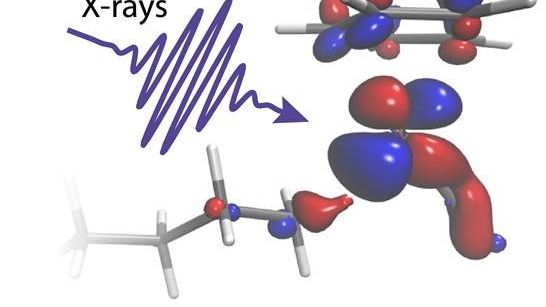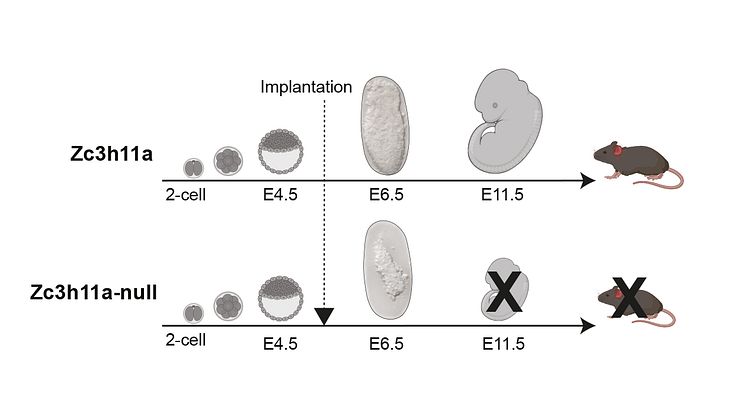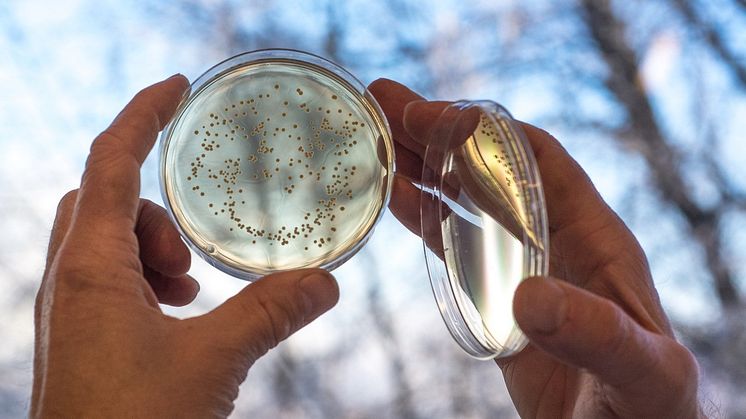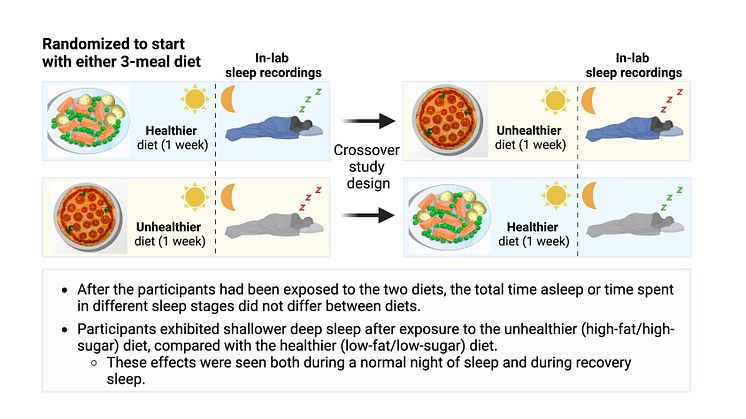€220 million to sustainable battery research
Horizon Europe, the European Union's research initiative, announces €150 million funding for Battery 2030+, an initiative for developing advanced green battery technology. This signifies a renewed confidence in Battery 2030+ coordinated by Uppsala University, Sweden, with the goal to make Europe the world leader in the development and production of green batteries.


